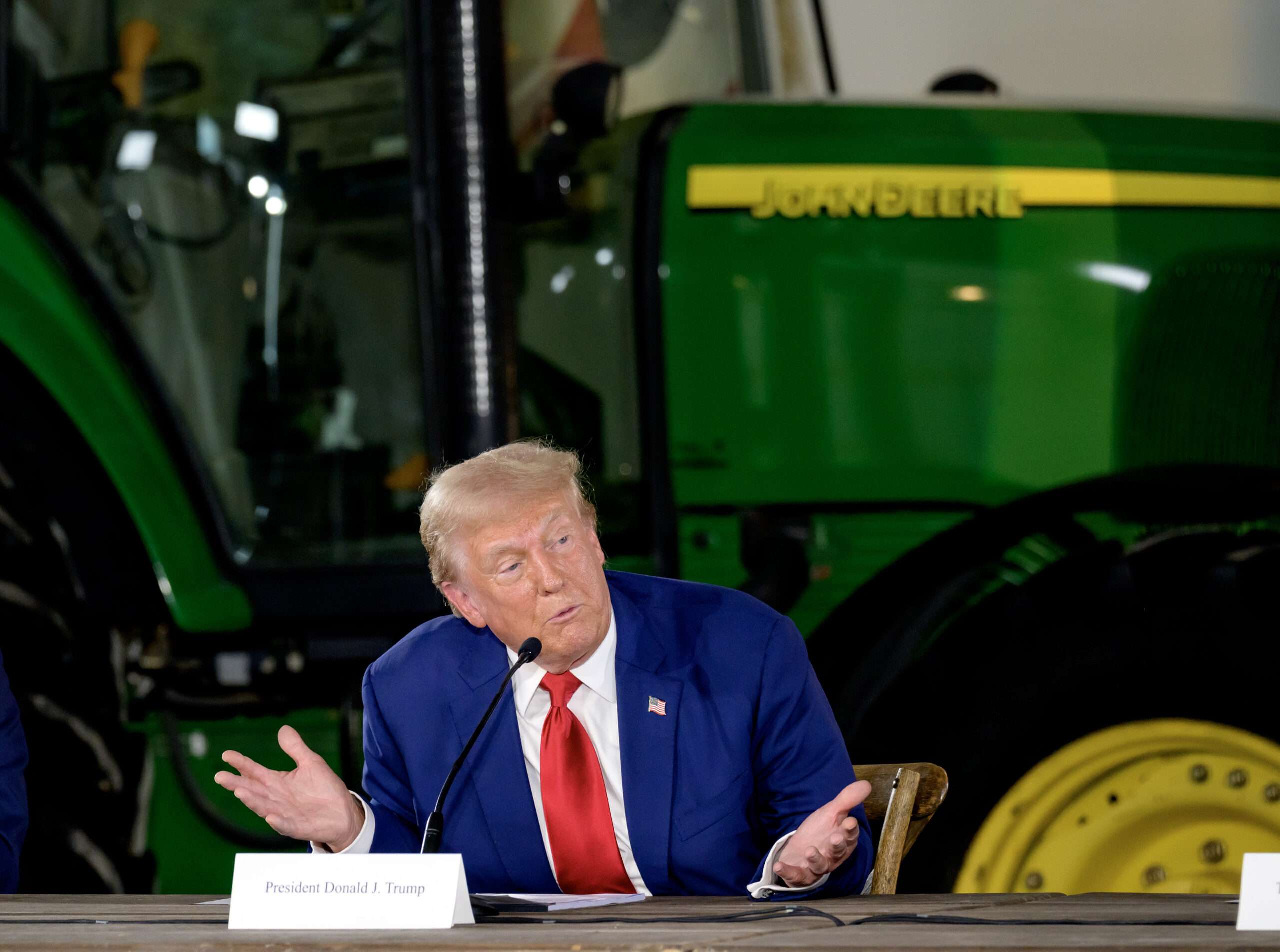Trump’s Tariffs Are Generating Employment in Lobbying Efforts
During his 2016 presidential campaign, Donald Trump famously vowed to “drain the swamp,” representing a commitment to eliminate the corruption and lobbying plaguing Washington, D.C. Yet, paradoxically, his administration’s protectionist trade policies inadvertently benefitted the lobbying industry, creating new avenues for influence in government. Under Trump’s promise of imposing broad tariffs on imports from various countries, including Canada and Mexico, lobbying firms began to flourish as businesses sought relief from these costly tariffs. The New York Times highlighted that the sweeping tariffs, especially those affecting foreign metals and machinery, were designed for significant global impact. However, when American companies faced financial strain from these tariffs, the Trump administration established a process for tariff exemption requests, igniting a lobbying surge, particularly from Washington’s elite K Street law firms.
The increase in lobbying was noteworthy, as the number of trade lobbyists climbed from 921 in 2016 to a striking 1,419 by 2019. A 2021 report revealed that the U.S. Trade Representative’s office received over 53,000 requests for exemption between 2018 and 2020, while the Commerce Department tallied close to 500,000 exclusion requests specifically for tariffs on steel and aluminum. Notably, individual companies, such as Alloy Tool Steel, submitted massive numbers of requests, with Alloy alone filing nearly 40,000. However, findings from several studies indicated a troubling trend: the process lacked fairness and transparency, often favoring politically connected companies. A recent report detailed how those with prior campaign contributions to Republicans had a marked advantage in receiving exemption approvals, while contributions to Democrats typically diminished a company’s chance of success.
The tariff exemption process was criticized during Trump’s presidency for its potential for undue political influence and lack of transparency. A memo from the Commerce Department indicated concerns over how decisions were made, suggesting they were not solely based on evidence presented in requests. Not only Republican-affiliated entities experienced such privileges, but prominent corporations like Apple also benefited immensely from tariff exemptions. Despite Apple CEO Tim Cook’s previous endorsement of Hillary Clinton and the company’s predominantly Democratic employee contributions, Apple received significantly more favorable treatment in tariff exemptions compared to its competitors. Reports indicated that the government granted 62.5% of Apple’s exemption requests, a stark contrast to an overall approval rate of just 5.9% for other companies.
Concerns about preferential treatment for Apple sparked frustration among smaller tech firms that felt overshadowed in the competitive landscape. When Cook cultivated a relationship with Trump, it became apparent that the more prominent companies had greater leverage and access to the administration. Trump’s eventual delay of tariffs on MacBooks and iPhones following discussions with Cook exemplified how business leaders could gain favorable outcomes by securing personal connections with the president. While companies navigating these political channels may have been acting in their own financial interests, the transactions highlighted vulnerabilities in the tariff system.
Instead of effectively monitoring trade and protecting American businesses, the tariff exemption process seemed susceptible to political maneuvering and lobbying influence, reinforcing a narrative that tariffs might not be justifiable or necessary. Given these findings, some industry experts argued that the most rational solution could be the complete removal of tariffs, allowing the market to determine the winners and losers without government interference.
Ultimately, Trump’s presidency appears poised to leave a legacy of increased lobbying activity and political favoritism. Rather than realizing a system of equal opportunity through his “drain the swamp” pledge, the landscape of American trade policy morphed into a growth industry for lobbyists, cementing Washington’s reliance on politically charged influence. The disparity in treatment among corporations, driven by connections and financial input rather than equitable processes, raises critical questions about the integrity of government systems and the true cost of protectionism in the political landscape. As the nation moves forward, the implications of this shift in trade policy underscore the essential balance needed to ensure fairness in economic practices and the importance of transparency in governance.
Share this content:












Post Comment